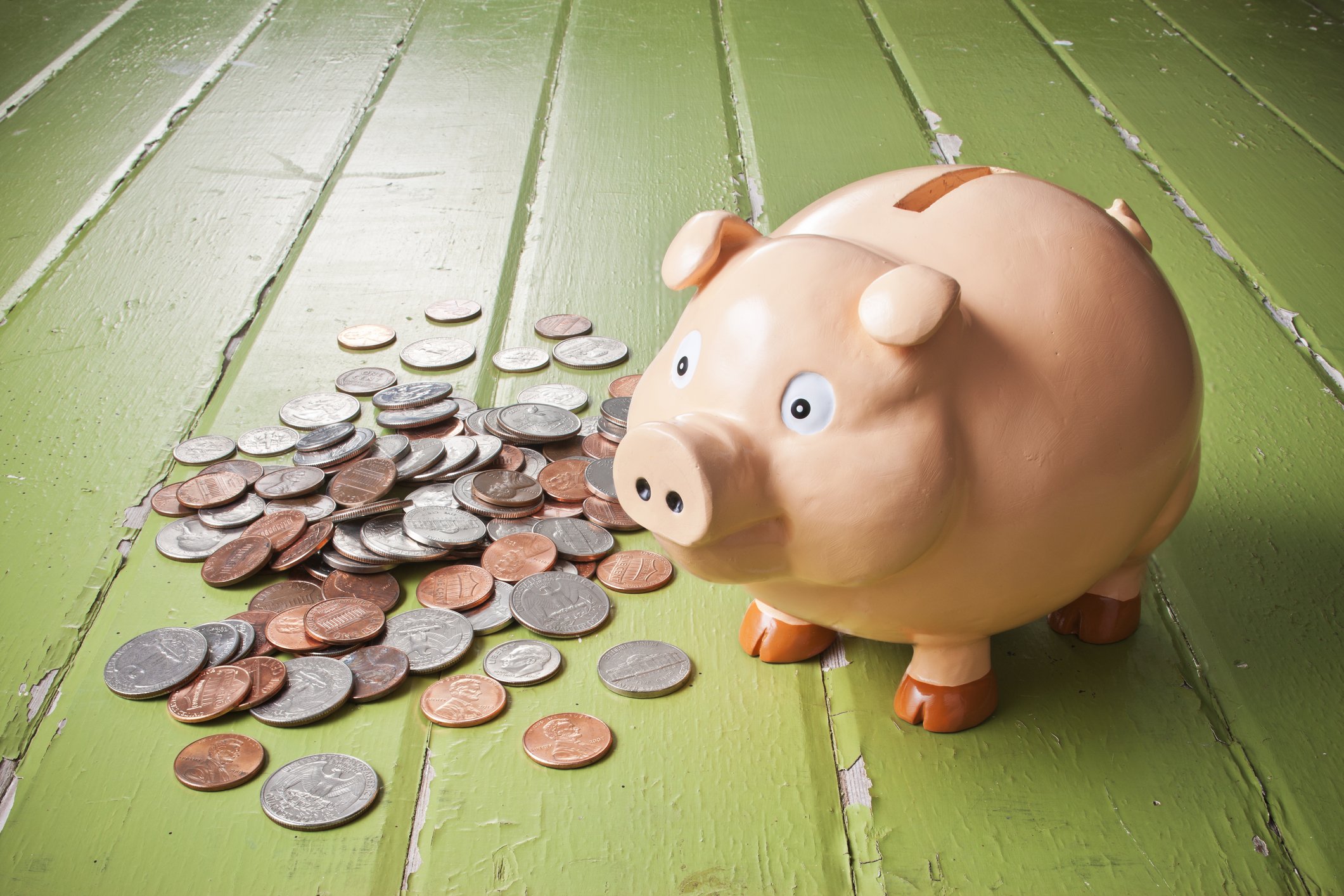Budget Like a Boss: Feel More in Control of Your Life
Introduction
Ever feel like life is happening to you instead of for you? Bills sneak up, money disappears, and you're constantly playing catch-up. Here's the truth: you're not lazy or bad with money — you're just missing one essential tool. A boss-level budget.
Let’s flip the script. Budgeting isn't about restricting your life — it's about running it like a CEO. When you take control of your money, you take control of your future.
What’s a Boss Budget?
A "boss budget" is one that works for you — not against you. It's not about guilt, spreadsheets, or skipping lattes. It's about knowing your numbers, setting goals, and creating a money plan that aligns with your values and lifestyle.
In short? It's how you stop feeling broke and start feeling in charge.
“Learning how to manage money early is one of the best life skills a teen can develop. Budgeting helps you build confidence and independence—traits that go far beyond finances.”
Step-by-Step: How to Budget Like a Boss
1. Know Your Numbers
Before you can take charge, you’ve got to know what’s coming in and what’s going out.
Track your income: Salary, freelance gigs, benefits — every penny.
Track your spending: Use an app like Emma, YNAB, or even a simple notes app.
Go back 1–2 months and categorize everything. You might be shocked (👀) at how much goes on food deliveries or impulse buys.
2. Set Boss Goals
Your budget should reflect what you care about. Ask yourself:
Do I want to get out of debt?
Save for a holiday or a car?
Build an emergency fund?
Move out?
Pick 1–3 top goals and write them down. These become your why for budgeting.
3. Choose a Budgeting Method That Works for You
There’s no one-size-fits-all approach to budgeting. The key is to find a method that feels natural and manageable — something you’ll actually stick with. Here are a few popular options to consider:
The 50/30/20 Rule
This beginner-friendly method splits your income into three simple categories:
50% for needs (like rent, groceries, transport)
30% for wants (fun, fashion, hobbies)
20% for savings or debt repayment
It’s a great way to balance your financial responsibilities while still enjoying your money.
Zero-Based Budgeting
This method gives every single pound a purpose. At the start of each month, you assign all your income to specific categories — bills, food, savings, entertainment, etc. Once you’ve allocated everything, you should be left with zero unassigned pounds. It’s ideal if you want tight control and full visibility.
Cash Envelope System
Prefer physical money? This method involves dividing your spending into envelopes — one for each category (e.g., food, transport, going out). Once an envelope is empty, you stop spending in that category. It’s a powerful way to curb impulse purchases and stay disciplined.
Digital & App-Based Budgets
If tech is more your style, apps like YNAB, Emma, or Plum can automate your budget, track spending, and give you instant insights. Many let you set goals, receive alerts, and even gamify saving.
Try one of these for a month, and if it doesn’t click, switch it up. The right method is the one that keeps you consistent and in control.
4. Automate What You Can
Make things easier by setting your systems on autopilot:
Direct debits for bills
Automatic savings (even £10/week adds up)
Alerts for when you overspend
Let tech do the heavy lifting so you don’t have to micromanage.
5. Review Like a CEO
Bosses don’t set it and forget it — they check the books.
Set a weekly 10-minute “money meeting” with yourself
Adjust as life changes (e.g., new job, higher rent)
Celebrate small wins like hitting a savings goal or cutting unnecessary costs
Budgeting = Life Control
A budget doesn’t limit you. It gives you:
Clarity: You always know what you can afford
Confidence: You make decisions based on facts, not fear
Peace of mind: Fewer money-related surprises
Basically, it’s like installing a GPS in your financial life — you always know where you’re headed.
Busting the Budgeting Myths
“I’m too broke to budget.”
Truth: That’s exactly why you need one.
“Budgeting is boring.”
Truth: Watching your savings grow? Pretty exciting.
“I’ll just stress about what I can’t afford.”
Truth: A good budget gives you permission to spend — without guilt.
Tools to Help You Budget Like a Pro
Apps: YNAB, Emma, Money Dashboard, Plum
Templates: Google Sheets budget planner (or make your own)
Books & Podcasts:
"You Need A Budget" by Jesse Mecham
The Financial Diet (YouTube & podcast)
The Broke Generation Podcast (UK-based)
Motivation Tips to Stay on Track
Name your accounts (e.g., "Bali Fund", "Freedom Jar")
Visualise your goals with a vision board or savings tracker
Join a challenge (like a 30-day no-spend or £1 a day save)
Find a money buddy to share wins and keep each other accountable
Final Thoughts: You’re the Boss of Your Finances
You don't need a finance degree. You don't need to be rich. You just need to start.
Budgeting isn't about restriction — it's about intention. When you tell your money where to go, you stop feeling out of control and start feeling like the boss you are.
Take 20 minutes today. Set up your first budget. Your future self will thank you.
FAQ’s
-
The 50/30/20 rule is a great starting point. It's simple, flexible, and easy to remember.
-
Set a meaningful goal, like saving for something fun. Track progress visually and celebrate milestones!
-
Absolutely. In fact, budgeting is the best way to break out of the paycheque-to-paycheque cycle. Even small changes add up.
-
Try Emma (UK-friendly) or YNAB if you want more control. Most apps offer free versions to get started.
-
At least once a month, but ideally a quick check-in every week helps you stay on track.









